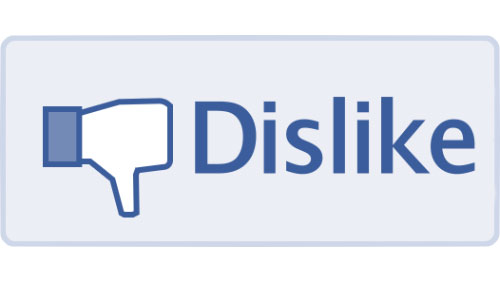 Top Class Action Lawsuits
Top Class Action Lawsuits
Facebook Data Mining for (Ad) Dollars? This is very disheartening, if the allegations are proved true. A privacy class action lawsuit has been filed against Facebook and several high profile cancer institutes, alleging FB mined private health data from websites of the cancer institutes to generate advertising campaigns.
The cancer institutes named as co-defendants in the proposed class action are: the American Cancer Society Inc., American Society of Clinical Oncology Inc., Melanoma Research Foundation, Adventist Health System, BJC Healthcare, the Cleveland Clinic, and the University of Texas-MD Anderson Cancer Center.
Filed by Winston Smith, a registered Facebook user and Missouri resident, the 88-page complaint claims the medical institutes’ websites include a secret “Facebook code” that allow users’ data to be transmitted to Facebook, which then creates targeted advertising campaigns.
“Without the knowledge, consent, or any action of the user, the entire process happens in milliseconds,” the complaint states.
According to Smith, he searched for lung cancer information on the American Cancer Society’s website, Cancer.org. The information he sought and any links he clicked then were sent to Facebook without his knowledge and without his consent.
“Despite Cancer.org’s Privacy Policy, the Plaintiff’s communications to and from Cancer.org were contemporaneously re-directed to, tracked, intercepted, and acquired by Facebook through the process described above,” Smith alleges. “Upon these and other communications, Plaintiff’s cancer-related communications were disclosed to, tracked, and intercepted by Facebook through cookies and other identifiers.”
In the complaint, Smith asserts that users of such websites “trust” that their personal details of their cancer-related searches and browsing with not be shared with third-parties. The complaint also notes that Facebook, itself, does not disclose in its data and privacy policies that it tracks and collects such “sensitive information.”
The lawsuit was filed in the US District Court for the Northern District of California.
Gun Safety Gone Wrong? This one kind of redefines defective products. A class action lawsuit has been filed against the gun manufacturer/importer Century Arms, alleging the safety levers on certain models are defective. Terrific.
Specifically, the Century rifles lawsuit contends that numerous Century-branded AK rifles and pistols are equipped with a safety selector lever that can be pushed above the “safe” position. In turn, a user can then unknowingly disengage the safety mechanism and accidentally discharge the gun without pulling the trigger.
According to the complaint, the problem is linked to the firearm’s “inadequate design, manufacturing, and testing,” and adds the feature “will not prevent and has not prevented accidental discharge of the guns.”
Further, the plaintiffs cite a YouTube video which shows the alleged defect as being the result of Century maintaining a full-auto safety selector rather than modifying it with a semi-auto safety selector, much like its competitors.
Based in Delray Beach, Florida, Century is a known importer of Russian surplus weapons including AK-47 rifles. According to federal law, the company must modify the firearms to comply with U.S. regulations before entering them in commerce.
The plaintiffs contend that Century is aware of the defect as it changed the safety selector on current models. However, the lawsuit notes, Century has never issued a warning to the public or recalled defective models.
“Century is aware that the Class AK-47 Rifles and Pistols have fired as result of the Safety Selector defect, and it is only a matter of time, if not already, before individuals are seriously injured or killed,” the lawsuit states. At a loss for words here.
The class consists of plaintiffs from across the US who have experienced an unintentional discharge with their Century firearm due to the safety lever. In most of the cases, the safety lever advanced beyond the safe position to cause the gun to fire without the pull of the trigger. In one case, a round discharged inside an apartment, ripping through the wall and entering the neighboring unit. None of the instances resulted in injury or death.
The class action suit accuses Century of violating 10 counts of state and federal laws that protect consumers.
Top Settlements
Corinthian College Takes a $1.1B Hit. And justice prevails…in the form of a $1.1 billion judgment handed down against the for-profit Corinthian Colleges Inc. (CCI), for its alleged predatory and unlawful business practices. It’s about time.
The lawsuit was filed by the office California Attorney General Kamala D. Harris.
The now defunct CCI allegedly misrepresented training programs and job placement rates, and pushed students into high interest loans. A lawsuit was also filed by Attorney General Martha Coakley, against the school.
According to Harris’ office, CCI intentionally targeted low-income, vulnerable Californians through false advertising and aggressive marketing campaigns. The organization purportedly misrepresented job placement rates and school programs. It conducted this false advertising via the Internet, telemarketing and television ad campaigns.
Ok, that’s a wrap folks…See you at the bar.





